CHARLES TAYLOR
Twentieth-Century Political Thinkers
Series Editors: Kenneth L. Deutsch and Jean Bethke Elshtain
Raymond Aron: The Recovery of the Political
by Brian C. Anderson
Jacques Maritain: The Philosopher in Society
by James V. Schall
Martin Buber: The Hidden Dialogue
by Dan Avnon
John Dewey: Americas Philosopher of Democracy
by David Fott
Simone Weil: The Way of Justice as Compassion
by Richard H. Bell
Gandhi: Struggling for Autonomy
by Ronald J. Tercheck
Paul Ricoeur: The Promise and Risk of Politics
by Bernard P. Dauenhauer
Carl Schmitt: The End of Law
by William E. Scheuerman
Eric Voegelin: In Quest of Reality
by Thomas W. Heilke
Yves R. Simon: Real Democracy
by Vukan Kuic
Jrgen Habermas: A PhilosophicalPolitical Profile
by Martin J. Beck Matutk
Aleksandr Solzenhenitsyn: The Ascent from Ideology
by Daniel J. Mahoney
Charles Taylor: Thinking and Living Deep Diversity
by Mark Redhead
CHARLES TAYLOR
Thinking and Living Deep Diversity
MARK REDHEAD

ROWMAN & LITTLEFIELD PUBLISHERS, INC.
Published in the United States of America
by Rowman & Littlefield Publishers, Inc.
4720 Boston Way, Lanham, Maryland 20706
www.rowmanlittlefield.com
12 Hids Copse Road
Cumnor Hill, Oxford OX2 9JJ, England
Copyright 2002 by Rowman & Littlefield Publishers, Inc.
All rights reserved. No part of this publication may be reproduced, stored in a retrieval system, or transmitted in any form or by any means, electronic, mechanical, photocopying, recording, or otherwise, without the prior permission of the publisher.
British Library Cataloging in Publication Information Available
Library of Congress Cataloging-in-Publication Data
Redhead, Mark.
Charles Taylor : thinking and living deep diversity / Mark Redhead.
p. cm.(20th century political thinkers)
Includes bibliographical references and index.
ISBN: 978-0-7425-2127-8
1. MulticulturalismCanada. 2. Pluralism (Social sciences)Canada. 3.
CanadaCultural policy. 4. CanadaEthnic relations. 5. National characteristics, Canadian. 6. Taylor, Charles, 1931Political and social views. I. Title. II. Twentieth-century political thinkers.
F1035.A1 R39 2002
320'.092dc21
2001036582
Printed in the United States of America
 The paper used in this publication meets the minimum requirements of American National Standard for Information SciencesPermanence of Paper for Printed Library Materials, ANSI/NISO Z39.48-1992.
The paper used in this publication meets the minimum requirements of American National Standard for Information SciencesPermanence of Paper for Printed Library Materials, ANSI/NISO Z39.48-1992.
To my parents, Eva and Alan Redhead, for all the
sacrifices they have made on my behalf.
CONTENTS
ACKNOWLEDGMENTS
This book would not have been possible without the input of a number of inspiring and generous teachers and colleagues. Thanks go first to my undergraduate adviser at Reed College, Peter J. Steinberger, whose courses on modern political thought, Hegel and Marx, and judgment first inculcated in me a passion for the study of political thought. This passion was further fueled by the equally challenging and wonderful courses taught by George Schulman during my early graduate school years at New Yorks New School University.
The book first took root as my dissertation at the New School. At the New School I was fortunate to be surrounded by a number of brilliant and supportive friends and teachers. John Gould carefully read an early version of the dissertation and made a number or important criticisms of the first three chapters. Casiano Hacker-Cordon, Brendan Hogan, Shelley Hurt, James Ingram, and Matthew Robb continuously challenged my reading of Taylor while also providing healthy doses of nonacademic fun. Richard Bernsteins and Nancy Frasers incisive comments on the final draft of the dissertation made for a lively defense and provided the direction for the revisions that transformed the dissertation into the book one is about to read.
A deep debt of gratitude is owed to my two principal teachers, James Miller and David Plotke. As my dissertation adviser, Jim patiently worked his way through countless drafts filled with more than liberal portions of pretentious fluff and hot air and somehow extracted a book that I feel proud of. David has been a constant source of help and support, both with my work on Taylor and with my struggle to survive in the ruthlessly competitive world of academia. Whatever virtues the reader might find in the book are primarily due to the efforts of Jim and David.
Special thanks are also due to Charles Taylor, who graciously allowed me to interview him in February 1998. As the reader will soon discover, the interview plays a prominent role in the books early chapters. Thanks are due as well to Clarke Cochran and the other participants of a 1999 Erasmus Institute summer session in Austin, Texas, for helping me refine my thoughts on the theistic elements of Taylors work.
Most of the work spent transforming the dissertation into a book was undertaken at Colgate University and the University of Notre Dame. At the former, Robert P. Kraynak, Barry Alan Shain, and Joseph Wagner contributed a lively discussion of an early version of that forced me to rethink several of my fundamental interpretative theses, while Anne Pincher and Martin Murray helped write the initial book proposal. During my year at Notre Dame, I was fortunate to make the acquaintance of the political theory couple par excellence, Catherine and Michael Zuckert. Catherine and Michael were more than gracious hosts, providing me with a stimulating and collegial atmosphere in which to work through the final revisions to the manuscript, along with access to a weekly reading group that allowed me to think about the world beyond Charles Taylor. Here, at my new home, Oregon State University, Peter McFadden did a marvelous job indexing the book.
During the concluding stages of the books production I was privileged to work with Steve Wrinn, Mary Carpenter, Lynn Gemmell, and Pelham Boyer at Rowman & Littlefield. Steves and Marys enthusiasm for the project compelled me to complete my final revision in a somewhat timely manner, while Lynn and Pelham were able to transform countless wordy or vague sentences into readable prose.
Finally, and most importantly, thanks are due to my soul mate, Christi Betts, who has never been anything but a constant source of love and support throughout all the events described above. Yo, sweetie-pie, we did it!
INTRODUCTION
I. THE PROBLEM: POLITICAL FRAGMENTATION
This book provides an analysis of one mans struggle to mediate the contrasting normative forces at work within the problem of political fragmentation. A politically fragmented state is one whose members increasingly identify with the concerns of specific groups rather than the country as a whole. To address political fragmentation is to address the tension between accommodating narrowly defined interests and promoting allegiance to a larger polity. Or, to put it another way, to confront the question, if social justice involves the recognition and accommodation of differences among social groups, what will hold together the more encompassing political community?
Political fragmentation has many causes, but in contemporary liberal democracies it is often driven by calls for recognition. A call for recognition is an appeal made on behalf of members of a specific group to be recognized in some manner as unique or different from other groups. Calls for recognition take many forms, including demands for cultural recognition, claims to special privileges, appeals for special forms of citizenship rights, as well as pleas for various forms of self-government.ability of the citizens of that country to develop a common civic culture? The second worry involves the limits of a states ability to provide recognition. Is there a limit to the number of diverse ethnic groups to which a state can provide recognition, and does a state dramatically lose its ability to govern effectively when it nears or exceeds that limit?
Next page

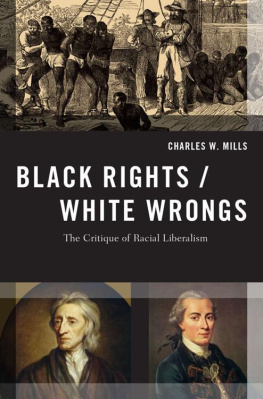
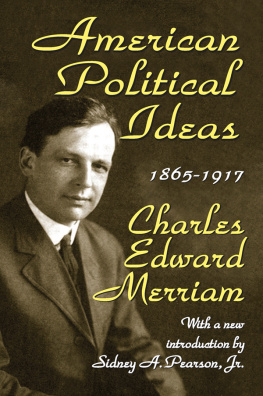
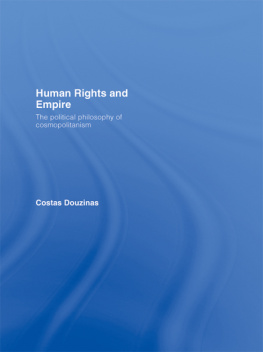
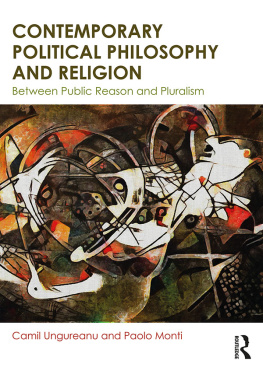
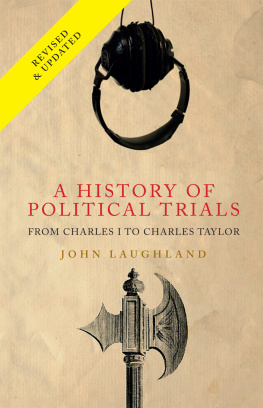
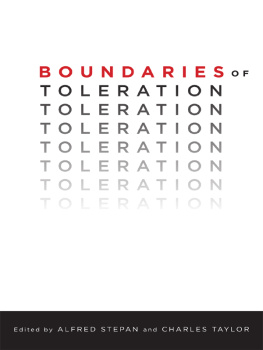
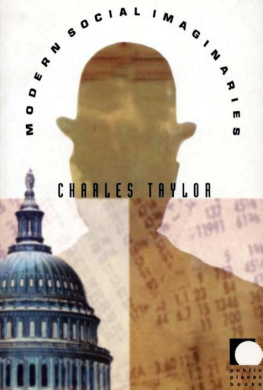

 The paper used in this publication meets the minimum requirements of American National Standard for Information SciencesPermanence of Paper for Printed Library Materials, ANSI/NISO Z39.48-1992.
The paper used in this publication meets the minimum requirements of American National Standard for Information SciencesPermanence of Paper for Printed Library Materials, ANSI/NISO Z39.48-1992.